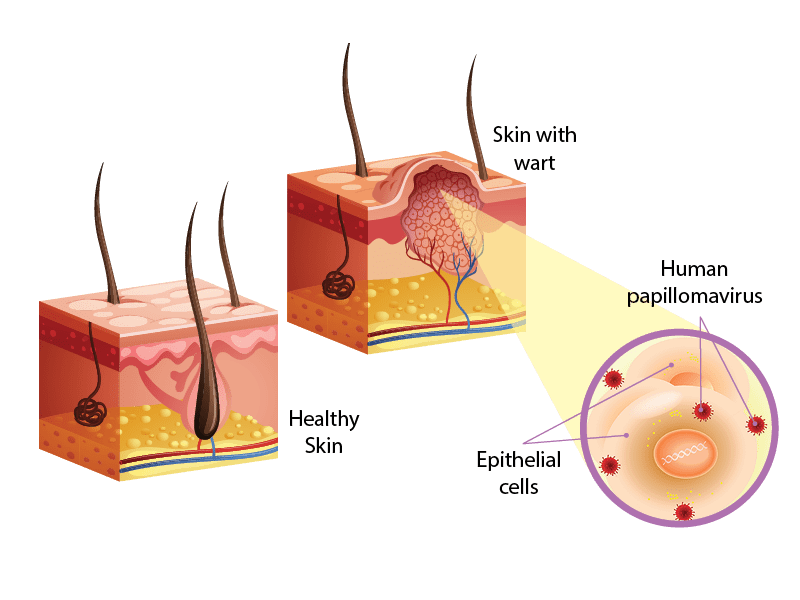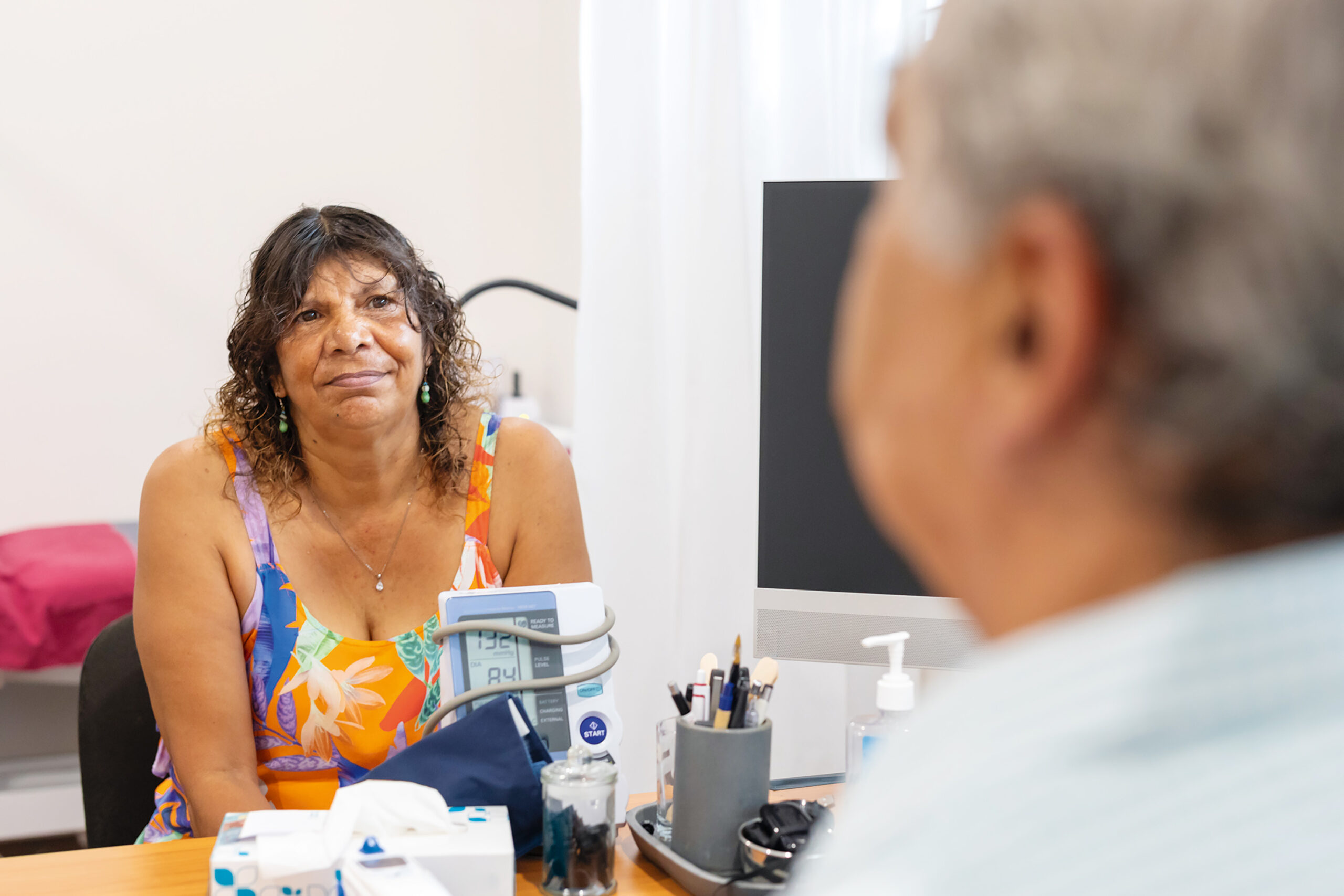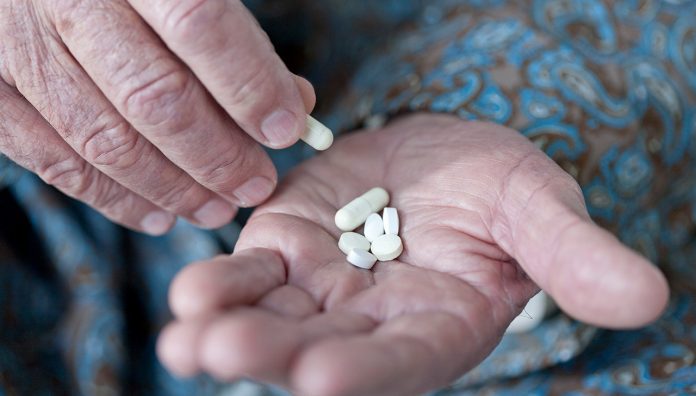The Federal Government has committed to improving medicine safety in aged care, as part of a $537 million response to the interim report of the Royal Commission into Aged Care Quality and Safety.
Released last month, the report identified three priority areas for immediate action:
- reducing chemical restraints
- increasing home care packages
- removing younger people from residential aged care.
As part of the funding package, the Commonwealth will provide $25.5 million to improve medication management programs to reduce the use of medicines as a chemical restraint on aged care residents and at home, and to support pharmacists to ensure more frequent medicines reviews can occur.
PSA National President Associate Professor Chris Freeman applauded the Government’s decision to allow more medication reviews to be delivered.
‘The PSA has long advocated for a cycle of care that delivers medication reviews conducted at a frequency and level that is dependent on patient needs, with meaningful follow-up, rather than being arbitrarily capped by funding restrictions,’ he said.
‘The Royal Commission directed that restraint must only be used as a last resort, and amendments to regulations will make this clear,’ the Prime Minister and Ministers for Health, Aged Care and Senior Australians and the National Disability Insurance Scheme announced in a joint statement this week.
PSA’s Medicine Safety: Take Care report, released earlier this year, showed 98% of residents in aged care facilities have at least one medicine-related problem and over half are exposed to at least one potentially inappropriate medicine.
A/Prof Freeman said the Government’s announcement acknowledged the important role of pharmacists in ensuring the safe and quality use of medicines for elderly Australians.
‘It is essential, if we are to address the inappropriate use of medicines for older Australians, that pharmacists are able to spend more time on the ground in residential aged care facilities and in patients’ homes delivering this vital service,’ he said.
Dementia training and support
The Government will also provide $10 million to increase dementia training and support for the aged care workforce.
The aim is to better equip them to manage behavioural and psychological symptoms of dementia, deliver best practice dementia care, and comply with the new standards for reducing the use of physical and chemical restraints.
A/Prof Freeman said pharmacists could be the key to rolling out these education programs to doctors and nurses within the aged care sector.
‘These measures will go some way towards delivering more time on the ground for pharmacists to assist doctors and nurses to make the right decisions about the use of medicines in aged care, including when to use them and when to stop,’ he said.
‘Medicine safety is everybody’s responsibility. Ensuring pharmacists have a role in supporting activities from education through to clinical governance can help deliver comprehensive and system level improvements in aged care and for elderly Australians.’
The $537 million investment also includes funding for more home care packages and to help remove younger people with disabilities from residential aged care.
It follows the Federal Government’s commitment last month to make medicine safety and the quality use of medicines a National Health Priority Area.
‘As medicines experts, pharmacists must be supported to spend more time across the health care system reviewing patients’ medications, providing advice to other members of the health care team and educating consumers about medicines safety, including utilising the accessible network of community pharmacists,’ A/Prof Freeman said.
‘[The] announcement acknowledges the importance of medicines safety at both the patient and system level and is a step in the right direction to ensure all Australians receive timely, equitable and efficient healthcare.”
The Royal Commission is due to deliver its final report on 12 November 2020.



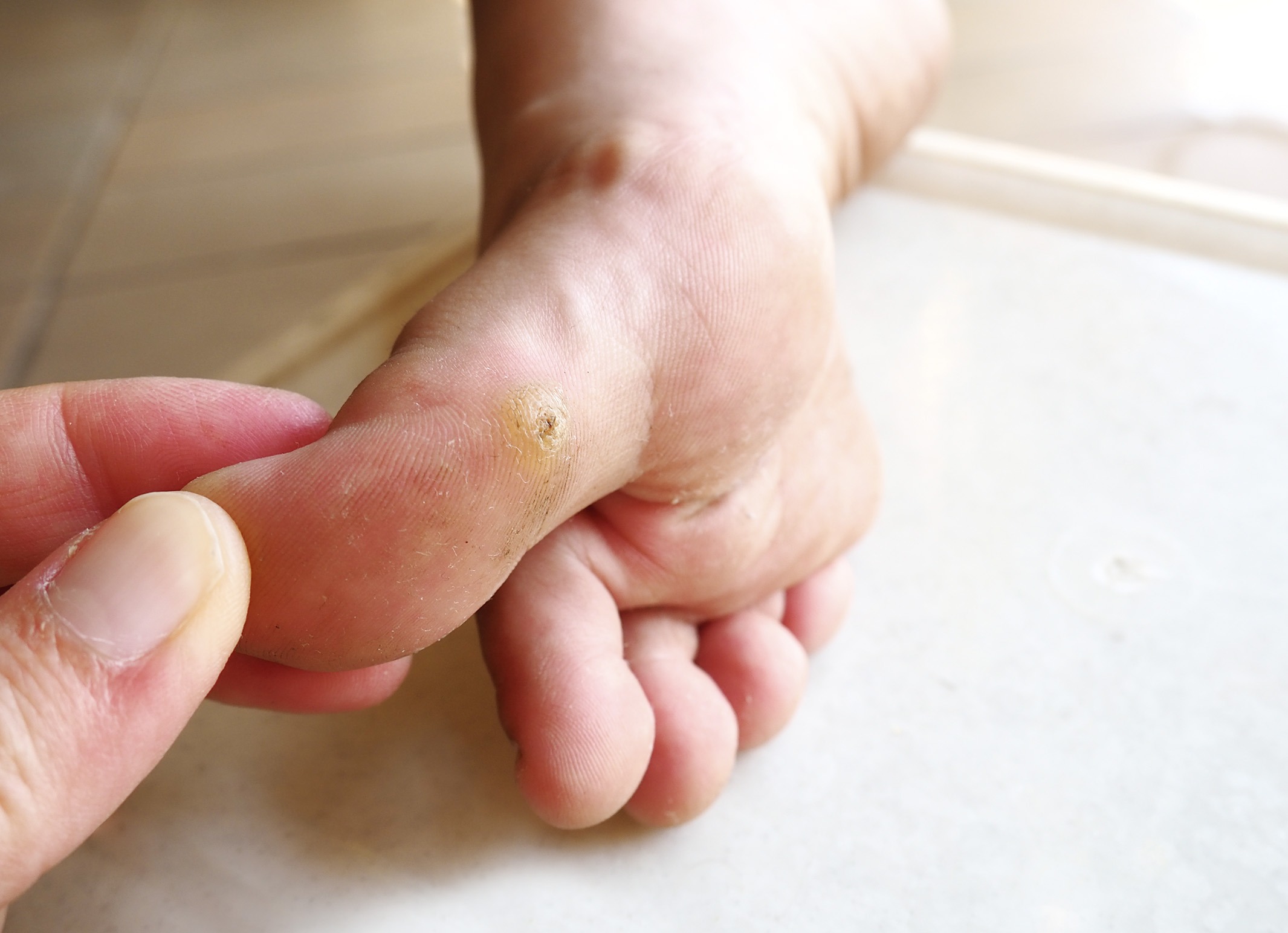
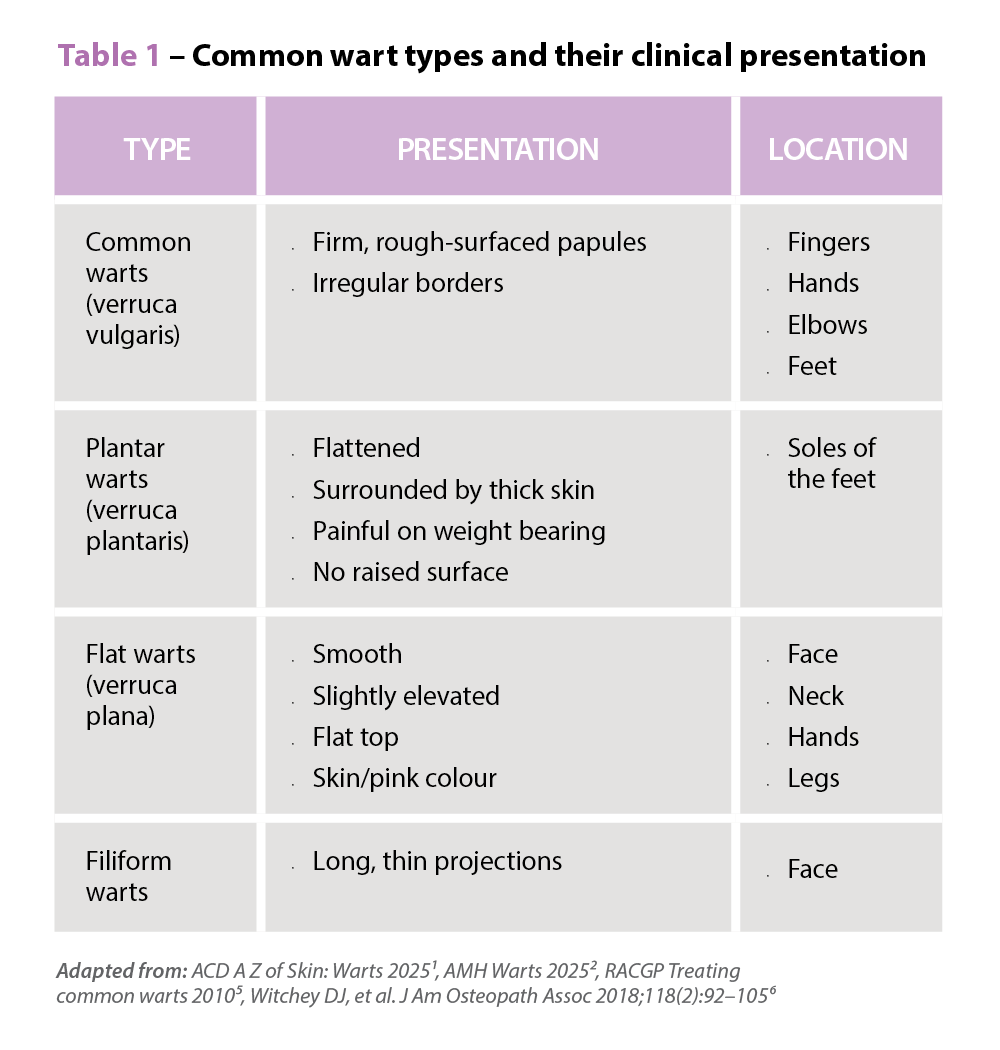 Symptoms
Symptoms